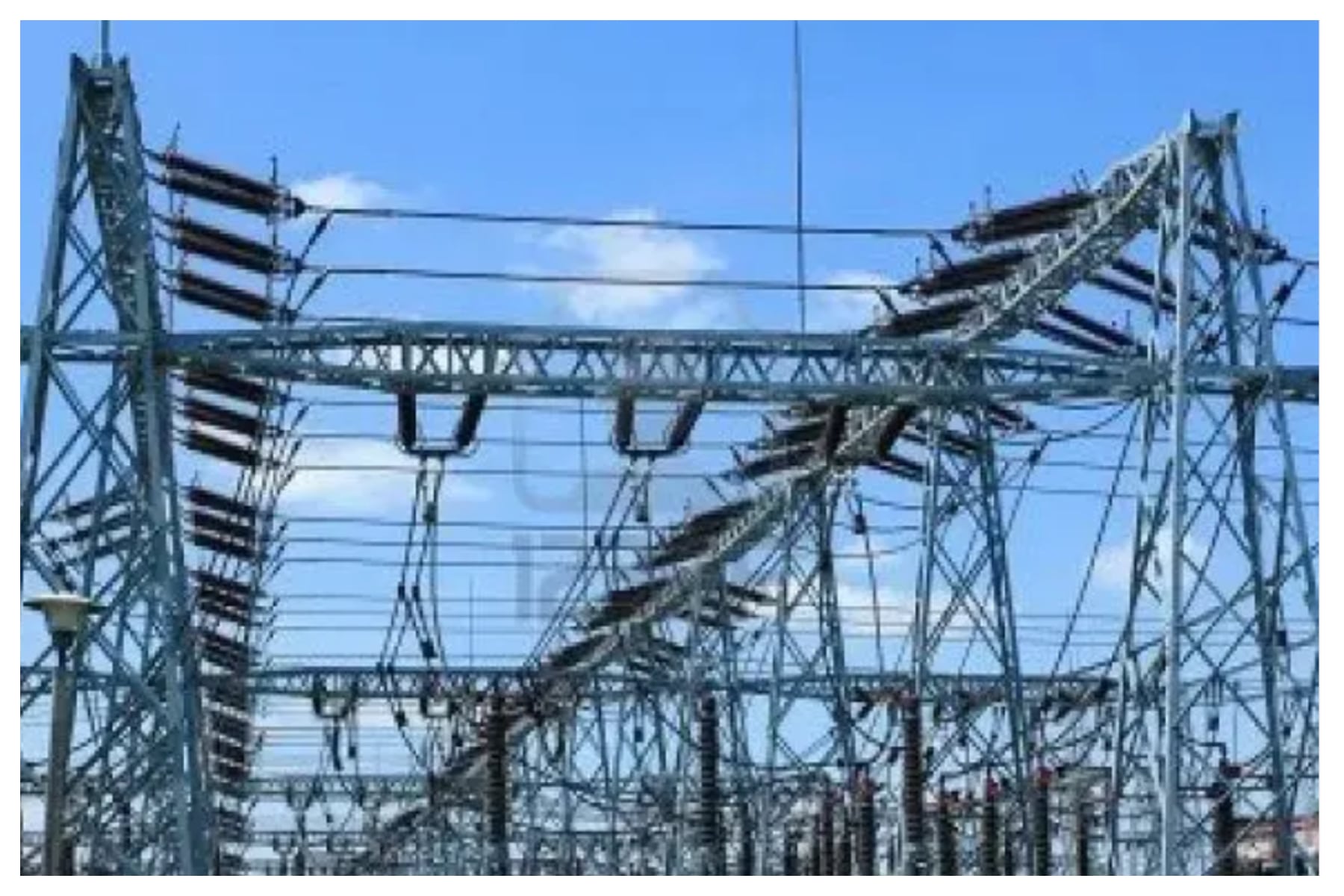As stakeholders in the power sector advocate for the cessation of subsidies on electricity tariffs by the Federal Government, a concerning revelation has surfaced—more than seven million customers are currently without electricity meters in the power sector. This situation leaves consumers unable to regulate their energy consumption, often leading to the imposition of estimated bills by electricity distribution companies (DisCos).
According to the latest data from the Nigerian Electricity Regulatory Commission (NERC), as of September 30, 2023, there were 12,825,005 registered electricity customers in the Nigerian Electricity Supply Industry (NESI). However, only 5,707,838 customers, constituting 44.51 percent, are metered.
NERC's third-quarter 2023 report disclosed that 148,389 end-user customers were metered during this period. Notably, Ikeja, Abuja, and Ibadan DisCos accounted for the highest number of meter installations in Q3 2023, making up 27.35 percent, 20.78 percent, and 17.53 percent of the total installations, respectively.
The power sector faces significant financial challenges, and with an underperforming industry, the Commission revealed that government subsidies to the sector are projected to surpass N600 billion by the end of the year. Additionally, in the absence of a cost-reflective tariff, electricity subsidies are estimated to reach N1.6 trillion in 2024.
Commenting on the financial state of the industry, Mr. Adetayo Adegbemle, the Convener and Executive Director of PowerUp Nigeria, emphasized that the government's capacity to sustain electricity subsidy payments is doubtful. In a note to Vanguard, Adegbemle explained that the historical practice of the Nigerian government subsidizing electricity in the Nigeria Electricity Supply Industry has become a significant financial challenge, commonly referred to as an "elephant in the chinaware shop."




















